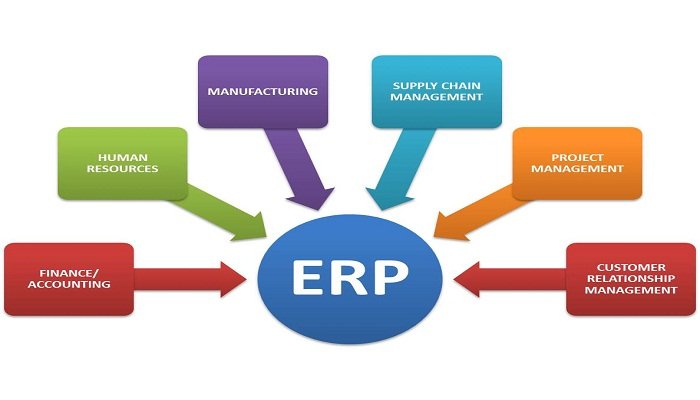Enterprise resource planning (ERP) has gained popularity in recent times as it makes managing business operations easier. The ERP software allows organizations to access a system of highly integrated applications. It helps in the management of business and assists in specific back office activities. ERP technology and software is gradually being implemented in small to large enterprises worldwide. Small businesses can also draw the advantages associated with an ERP software such as boost sales, formulate manufacturing production goals and develop high-quality parts as per the requirement of the customer. Large businesses have embraced the technology with open arms and the trend is gradually catching up with medium and small business. Progressive Markets has recently published a report on the ERP software market that offers useful insights about the market such as market share, size, and growth.
Requirement of ERP in Small and Medium Business
Businesses of all the sizes can reap the benefits of an ERP software. Small businesses are welcoming the technology with open arms as it can highly benefit digitizing operations integrated with the modern software. It pretty much pushes small-scale businesses to turn away from paper-based systems and Excel spreadsheets towards modern ERP automation that include digital scheduling and production tool analysis. Development and emergence of several ERP software was observed to ease out business operations in the last decade. The latest ERP software can be implemented at smaller businesses with an easy-to-use smartphone interface to easily access the ERP data and a new big-board electronic schedulers that provide easy touch-screen input. A lot of solutions are available for small-businesses and manufacturers, which include, on the floor installations or cloud-based ERP systems that have the potential to significantly reduce cut technology by eliminating the costs of maintaining expensive IT structure.
Big Organization = Big ERP, Small Organization = ?
All the ERP systems are not developed in the similar manner, and small businesses, with under 100 employees, are the best suited to shop-floor management and ERP systems that are customized for the smaller operator. A fully functional ERP system from prominent companies such as SAP, Oracle, and several enterprise-level applications may not be suitable for smaller shops or businesses. Rich Henning, President, Henning Industrial Software (Hudson, OH), said that based on the features and functionality, the true potential of the ERP software is found in larger systems. He further added, “Robust ERP and shop-management software systems are fully integrated operational and financial management systems that are designed help SME [small-to-medium enterprise] manufacturers manage nearly all aspects of their businesses.” Henning threw light on the ERP systems for small-scale businesses and explained that the systems are well-designed and can support every functional area of a manufacturing unit. This includes the complete product life cycle right from, CRM, Customer/Prospect Management, Engineering, Sales Orders, Job Estimating, Shop Orders, Scheduling, Capacity Planning, Material Requirements Planning, Purchasing, Receiving, Job Labor Reporting, and Quality Management. With the help of an organized and efficient embedded ERP software, manufacturers can work in an efficient way and with enhanced quality by understanding every aspect of their operations. Manufacturers can also transform their day-to-day data into actionable business intelligence.
Need of cost-effective and well-designed ERP for Smaller Organizations
The need for cost-effective and well-designed ERP software has been identified in modern times. Small businesses require an ERP system to run fast-paced and complex manufacturing operations. ERP software is gaining importance in the present scenario. The adoption rate for the same is high in the developed regions such as North America and Europe as manufacturers are focusing on implementing ERP systems for efficiency and improve quality. The acceleration of cloud applications in different industries is further helping the growth of the ERP software market. The Asia-Pacific region has the potential to be a huge market for the aforementioned industry as numerous small and medium enterprises are being setup. Prominent Market Players Across the Globe are coming together to offer the benefits of an ERP software to startups and small businesses in the Asia-Pacific region.



